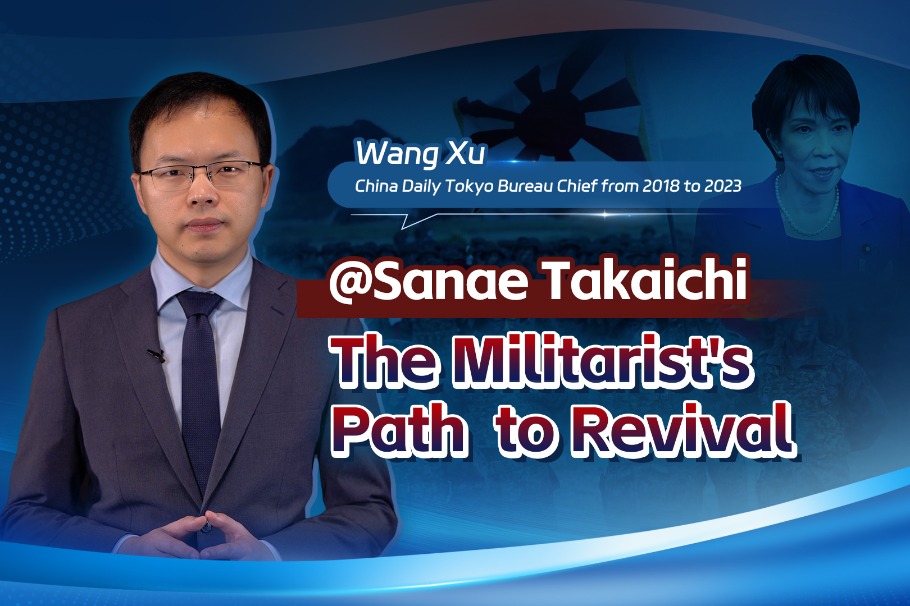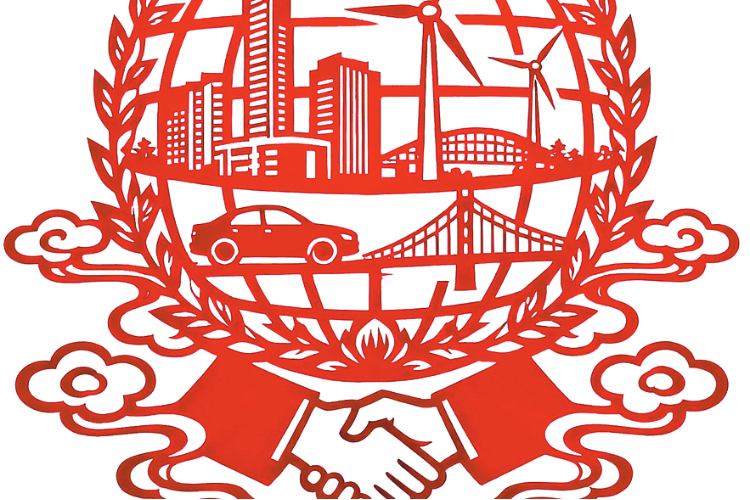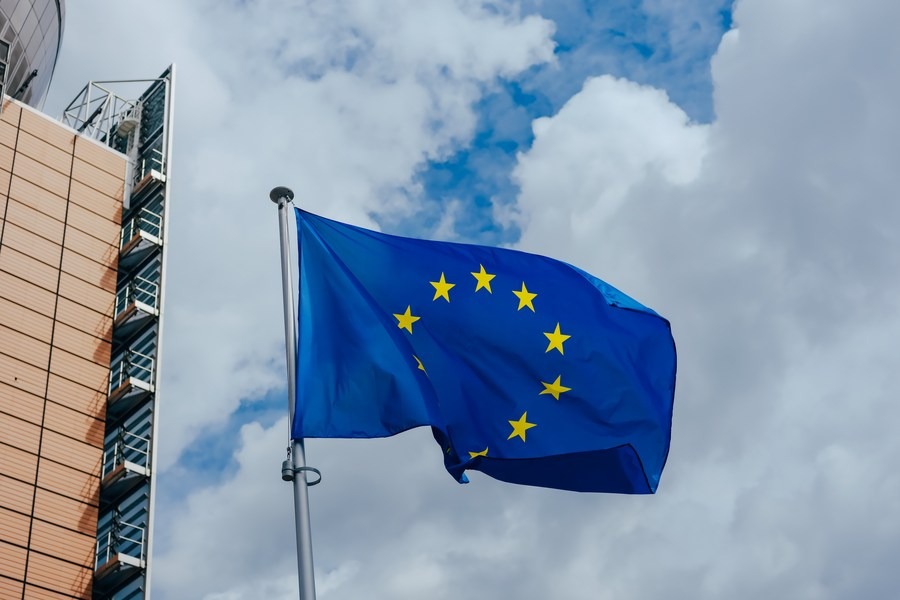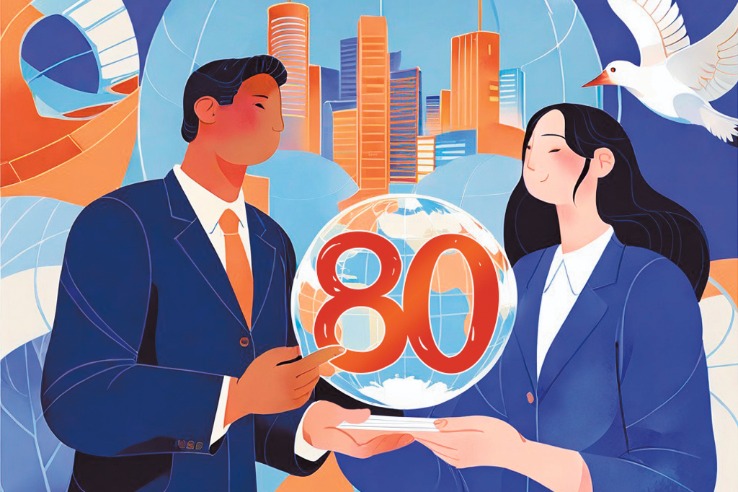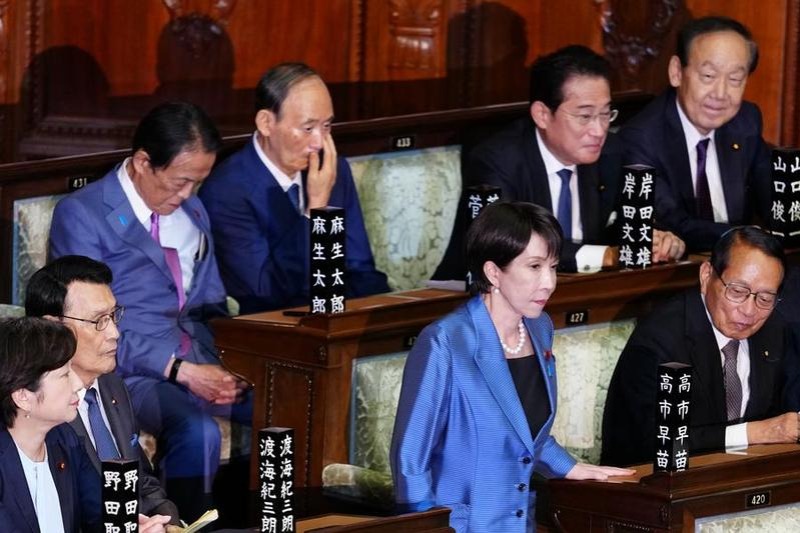Four global initiatives align with Africa's future


Editor's note: The G20 summit provided an opportunity for countries to help promote cooperation, support Africa's development and offer perspective on tackling global challenges. The summit highlights the moment for Africa as it seeks to amplify its voice in global governance and advance development priorities shared by the Global South.
When I first visited Beijing 17 years ago, I was awestruck by the infrastructure. It was not development for its own sake; it was a living statement of a country convinced that progress is a collective good; the zeitgeist of the leap forward. Years later, standing before the African Union headquarters in Ethiopia's capital Addis Ababa, built with Chinese support, I can see the same conviction: that nations can rise together, not through rivalry but through partnership grounded in solidarity and mutual respect.
The African Union building is more than a monument. It is a symbol for a new era. Across Africa, the relationship with China has matured beyond aid and symbolism to become a part of a wider project for creating a fairer international order defined by cooperation and dignity. At the heart of this vision are China's four global initiatives: the Global Development Initiative, the Global Security Initiative, the Global Civilization Initiative and the recently introduced Global Governance Initiative. Together they express a philosophy that Africa understands well: that peace, growth and justice must be fostered through solidarity, not subordination.
The Global Development Initiative resonates strongly with Africa's own Agenda 2063. It rejects dependency and insists that the state remains the central agent of transformation. For decades, Africa was told to shrink its state, to privatize, to step aside for markets. That prescription hollowed out our ability to lead development. China's approach restores faith in the developmental state, a government that plans, invests and shapes markets to serve people, not the other way round.
I have long argued that the state must act as both the architect and the enabler of public value within its borders and beyond. Developmental statecraft is the deliberate and people-centered exercise of power to direct resources toward national and international priorities of human development. It views the market not as a neutral force but as a tool for social purpose. This is what the GDI embodies: policy space for governments to build, innovate and invest without external interference. The results can be seen across the continent. From Ethiopia's industrial parks to Senegal's digital corridors, and from Zambia's energy projects to Kenya's rail expansion, Chinese cooperation has supported public-led growth. These projects do not replace African agency; they enable it. They show that development is not charity but a shared construction of value and opportunity. Of course, each country must meticulously negotiate the terms and conditions of each project, according to national means.
The Global Security Initiative aligns with Africa's belief that true peace comes from justice, not domination. It understands that poverty, exclusion and external interference breed instability. When China assists in peacekeeping in central Africa or supports maritime patrols in the vulnerable coastal areas, it does so not to extend influence but to strengthen Africa's own capacity for stability. This philosophy mirrors the African Union's doctrine of African solutions for African problems. The GSI places development and dialogue, not threats, at the center of security. It redefines stability as a developmental outcome, achieved when citizens see a future for themselves within their societies. This coincides with Africa's priority of silencing the guns.
The Global Civilization Initiative reaffirms a principle Africa holds dear: that there is no hierarchy of cultures and no single model of progress. Having studied and briefly lived in China, I am always struck by how the country manages to modernize while holding fast to its traditions. This ability to renew without erasing history is something Africa, too, seeks in its renaissance. The GCI gives moral grounding to our shared resistance against cultural uniformity. It is a reminder that humanity's strength lies in diversity and that development divorced from cultural dignity is shallow.
The new Global Governance Initiative marks a significant step in the effort to reform global institutions. For Africa, this is not an abstract debate. It is about fairness, fair trade, fair representation and fair treatment under international law. The GGI echoes the principles that have guided South Africa's diplomacy for decades: multilateralism, equity and respect for sovereignty. It is what inspired the country to approach the International Court of Justice to stop the atrocities in Gaza. It also finds expression in the growing willingness of Global South nations to act collectively, as seen when several countries supported South Africa's call for accountability in Gaza. Such actions show a new confidence and the courage to use international law in defence of humanity, not hegemony. Of course, we must acknowledge all the Global North countries that supported this intervention.
Together, the four initiatives outline a model of developmental humanism, the idea that growth must serve people, peace must uphold justice and cooperation must respect sovereignty. They reject the narrow logic of dominance that shaped the old order. They also demonstrate that China's rise is not a big power in disguise but an experiment in coexistence, a form of leadership that guides by building, not bullying.
Now that China has built remarkable economic and military power, the question facing both China and Africa is clear: what will it do with it? The hope, shared across the Global South, is that it will continue to use its strength to advance human development, deepen cooperation and support an order based on fairness, not fear. The four initiatives suggest that this is indeed the path China has chosen: power as responsibility, not intimidation.
This is why Africa's partnership with China endures. It offers something rare in world affairs, predictability grounded in cooperation. It allows the continent to dream on its own terms. Whether through the African Continental Free Trade Area, the Belt and Road Initiative or joint climate and digital transformation programs, this cooperation is already shaping the foundations of a Global South consensus, a collective belief that development must be inclusive, that power must be shared and that history can be rewritten in the language of fairness.
As the morning light touches the African Union building in Addis Ababa, it does more than illuminate steel and glass. It reflects a partnership in motion, a future being built by equals. China's four initiatives are not distant declarations; they are living instruments of hope, shared progress and a just world order.

The views don't necessarily represent those of China Daily.
If you have a specific expertise, or would like to share your thought about our stories, then send us your writings at opinion@chinadaily.com.cn, and comment@chinadaily.com.cn.
















